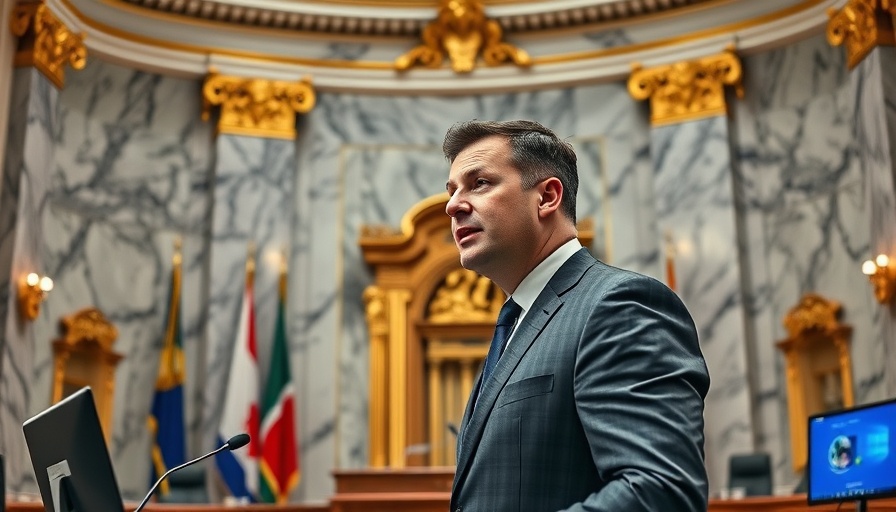
Assessing Mayor Parker’s ‘Clean & Green’ Promise
As Mayor Parker champions her vision of transforming Philadelphia into the "Safest, Cleanest, and Greenest City in the nation," local residents have born witness to both progress and unmet goals. Key takeaways from recent community focus groups reveal a mix of appreciation for improvements alongside a call for further action to enhance the city’s cleanliness and green spaces.
Community Feedback: A Mixed Bag of Reactions
Philadelphians participated in citywide focus groups where many highlighted the positive aspects of Parker's initiatives, particularly the implementation of twice-weekly trash pickups starting in December 2024. One South Philadelphian noted, "Things have been a little better," recognizing that the frequency of trash collection has resulted in less litter cluttering the streets.
However, residents also expressed concerns. "It’s embarrassing when we have guests come from out of town and see trash everywhere," remarked one participant. Many echoed the sentiment that while increased trash pickups were a positive step, the city required greater efforts to maintain cleanliness, including more trash cans not only in busy downtown areas but also within neighborhoods.
The Role of Community in Greening Initiatives
One major aspect of Mayor Parker's Clean and Green initiatives is enhancing urban greenery. The residents appreciated the installation of new trees and bike lanes, aiming to create safer and more appealing public spaces. A West Philadelphia resident noted, "The replacement of trees along Benjamin Franklin Parkway is a good thing... it creates a better atmosphere for all visitors." However, many attendees credited local volunteers for the upkeep of these green spaces, indicating an ongoing reliance on community members for maintenance rather than consistent city involvement. "If you have nice areas with trees or flowers, people might start to care again," one North Philly focus group member remarked, highlighting the psychological impact of public space quality on community behavior.
Future Opportunities for Improvement
Participants conveyed a desire for further investments in public parks and greening programs. Although the city's historic Tree Plan, launched in 2023, promises to bolster the urban tree canopy, critics point out that the pace of progress is slow. Residents continue to report concerns over the removal of heritage trees, emphasizing the need for a more balanced approach to development and urban forestry.
As Mayor Parker advances her clean and green agenda, the city is urged to prioritize proactive measures towards waste management and sustainable urban planning. Increased funding and strategic plans could significantly alleviate residents' frustrations and bolster the community’s trust in their local government.
Concluding Thoughts
While Mayor Parker's administration has made strides towards achieving a cleaner and greener Philadelphia, the resident feedback underscores the need for a sustained commitment to community involvement and a comprehensive strategy to enhance public spaces further. Engaging Philadelphians in these efforts not only promotes civic responsibility but also fosters a deeper community connection. As the city moves forward, striking the right balance between city management and community stewardship will be essential for truly realizing the promise of a cleaner and greener Philadelphia.
 Add Row
Add Row  Add
Add 




Write A Comment